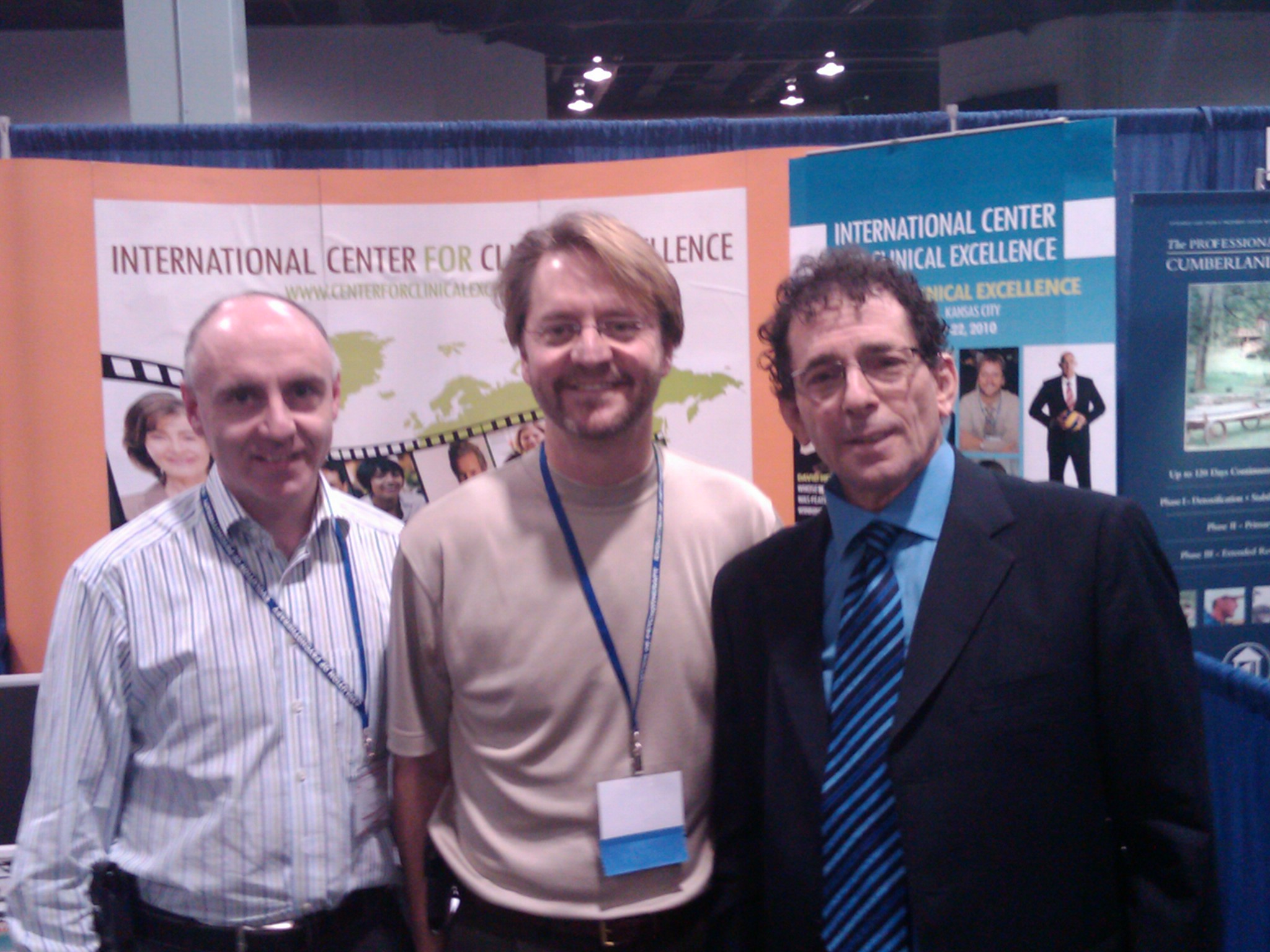“Hope Transcends” was the theme of the 39th Annual Summer Institute on Substance Abuse and Mental Health held in Newark, Delaware this last week. I had the honor of working with 60+ clinicians, agency managers, peer supports, and consumers of mental health services presenting a two-day, intensive training on “feedback-informed clinical work.” I met so many talented and dedicated people over the two days and even had a chance to reconnect with a number of folks I’d met at previous trainings– both at the Institute and elsewhere.
One person I knew but never had the privilege of meeting before was psychologist Ronald Bassman. A few years back, he’d written a chapter that was included in my book, The Heroic Client. His topic at the Summer Institute was similar to what he’d written for the book: harmful treatment. Research dating back decades documents that approximately 10% of people deteriorate while in psychotherapy. The same body of evidence shows that clinicians are not adept at identifying: (a) people who are likely to drop out of care; or (b) people who are deteriorating while in care.
Anyway, you can read about Ron on his website or pick up his gripping book A Fight to Be. Briefly, at age 22 Ron was committed to a psychiatric hospital. Over the next several years, he was diagnosed with paranoid schizophrenia and forcefully subjected to a series of humiliating, painful, degrading and ultimately unhelpful “treatments.” Eventually, he escaped his own and the systems’ madness and became a passionate advocate for improving mental health services. His message is simple: “we can and must do better.” And, he argues persuasively, the process begins with building better partnerships with consumers.
One way to build bridges with consumers is routinely seeking their feedback regarding the status of the therapeutic relationship and progress of any services offered. Indeed, the definition of “evidence-based practice” formally adopted by the American Psychological Association mandates that the clinician “monitor…progress…[and] If progress is not proceeding adequately…alters or addresses problematic aspects of the treatment (e.g., problems in the therapeutic relationship or the implementation of the goals of treatment)” (pp. 276-277, APA, 2006). Research reviewed in detail on this blog documents significant improvement in both retention and outcome when clinicians use the Outcome and Session Rating Scales to solicit feedback from consumers. Hope really does transcend. Thank you Ron and thank you clinicians and organizers at the Institute.
And now, just for fun. Check out these two new videos:

.jpg)
